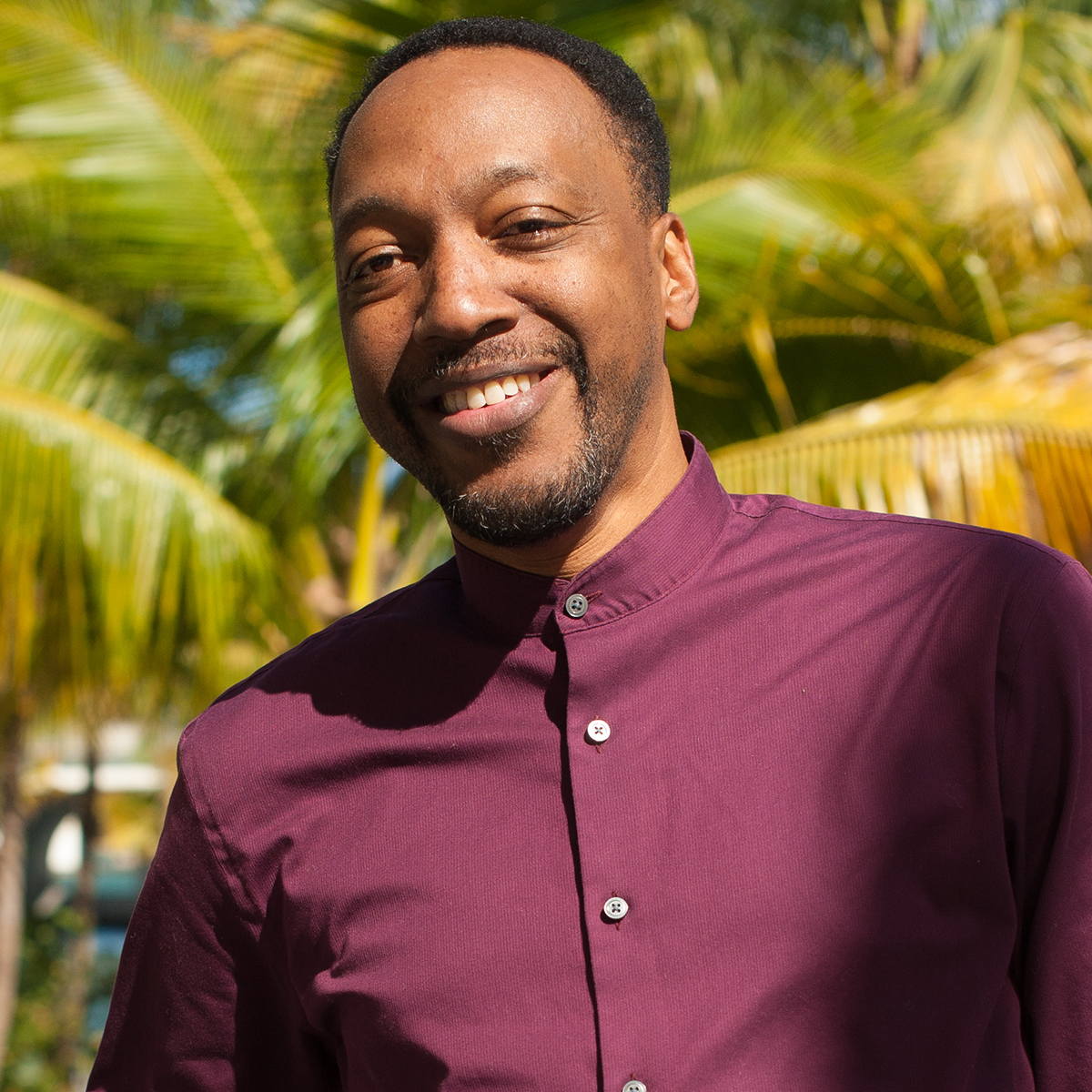
Via Generocity - Media Partner for Philanthropy Network's 2018 Fall Conference, ONRAMPS to EQUITY in ACTION.
By Julie Zeglen
 Asset framing: the shift to narratives that define a people by their aspirations and assets rather than their challenges and deficits.
Asset framing: the shift to narratives that define a people by their aspirations and assets rather than their challenges and deficits.
It’s a concept originated by DEI expert Trabian Shorters, the former Knight Foundation VP who founded BMe Community, a community engagement program and social entrepreneur fellowship for Black men. (BMe stands for “Black male engagement.”)
Philadelphians who have been recognized by BMe in the past include social entrepreneur Alex Peay, Village of Arts and Humanities’ Michael O’Bryan and Urban Philly Professional Network founder Sulaiman Rahman.
Shorters will be the lunchtime keynote speaker of Philanthropy Network Greater Philadelphia’s fall conference, themed “Onramps to Equity in Action,” on Friday, Nov. 2. His talk will focus on how those in the philanthropic sector can use asset framing when talking and thinking about the people their work is serving.
“It’s different even from telling success stories,” Shorters said. “It is more fundamentally [about] assets and contributions, rather than by a challenge you face.”
However, philanthropy doesn’t often work that way: “Our field defines people as ‘low-income,’ ‘at-risk,’ ‘high-crime,’ ‘low-literacy.’ We define people by stigmatizing labels.”
Those phrases are so commons, though — see examples of Generocity using “low-income” here — that it can be hard to imagine what other words we should be using. One way to fight back against your own tunnel vision? Consider brands “that don’t stigmatize their customers,” Shorters said.
Nike, for instance, doesn’t shame would-be athletes in its ads. Instead, it pushes the idea that exercise helps you become your best self.
“When we set our mind to not stigmatize someone, we realize that even someone living in poverty aspires to get out of poverty,” he said. “It is OK to define people as ‘families working to get out of poverty,’ because you haven’t defined them by their challenge, you’ve defined them by their aspirations.”
Asset framing can be the work of both individuals (for instance, I need to change how I think about other people), organizations (for instance, We as a foundation need to change how we think about those we serve) and whole societies.
And in the philanthropic sector especially, Shorters said, it’s important to remember that true equity work is not the same as risk mitigation.
“In order to really advance equity, you have to remind those who are really concerned with these questions that all of us are striving to do the best we can under the conditions that we’re dealt,” he said. “When you remind people of that, then we look at solutions entirely differently.”
Philanthropy Network’s 2018 fall conference, “Onramps to Equity in Action,” will be held on Friday, Nov. 2, from 9 a.m. to 4 p.m. at the Hilton Philadelphia at Penn’s Landing. Tickets are available here.
